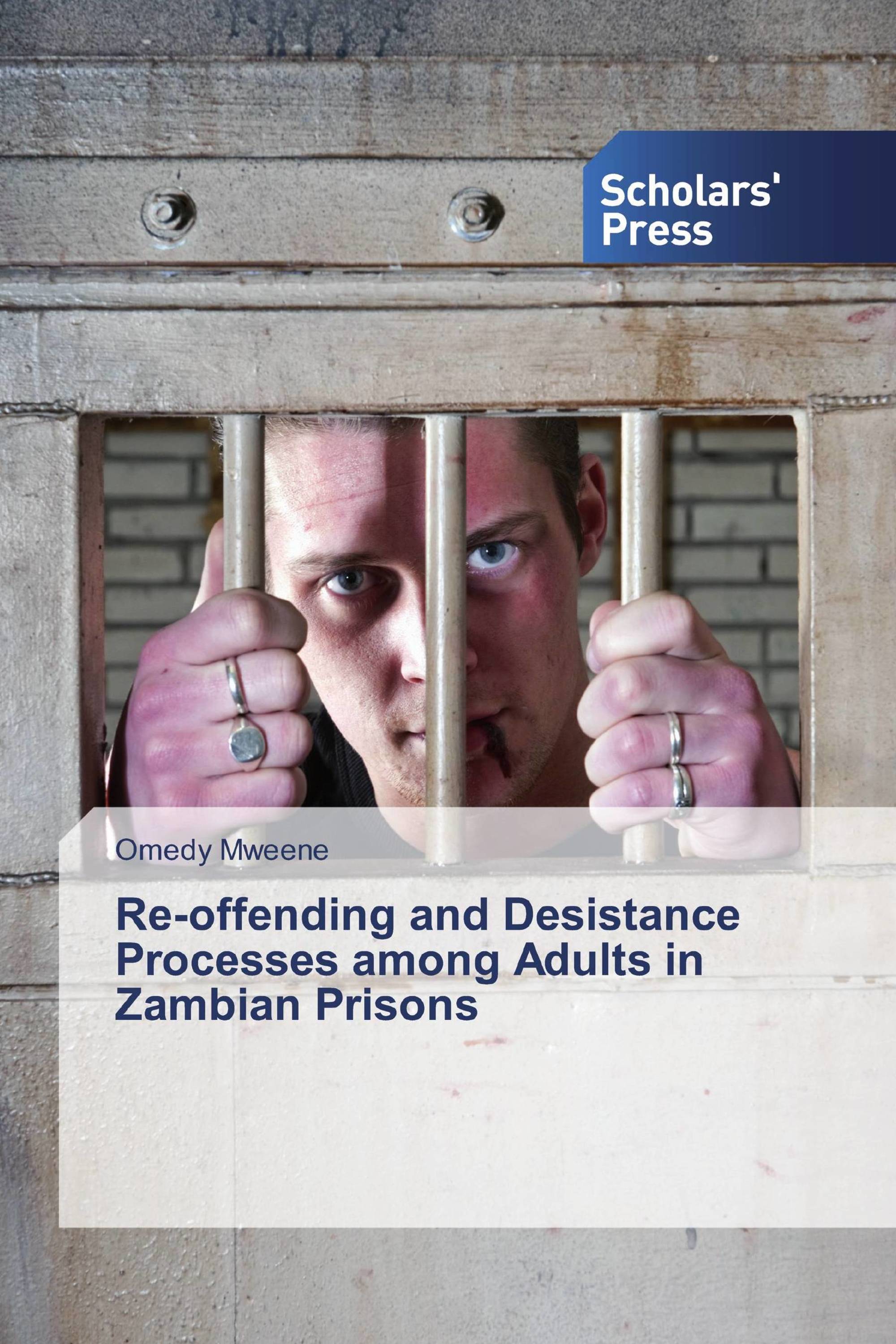Research found that the offenders experienced childhood neglect or abuse, a few were living in a household that was poor at the time of committing the offence, and yet they agreed that their childhood was. A few were involved in solitary offending as compared to group offending. Very few were linked to drugs as well as alcohol offending. The predictors of re-offending were not generalisable in Zambia. Most of the enrolees in this study showed a link between offending and with specific offense patterns. Two categories of risks emerged in this study and these are static and dynamic risk factors. Static risk factors included number of prior convictions, type of offense committed, onset age of delinquent behaviour and parental or guardian abuse and neglect. The total instances of reoffending (whether arrested or not arrested) in this sample was 344 and this was distributed as follows: theft recorded 105 reoffending times, conduct disorder recorded 89 reoffending times, drugs and substance abuse including alcohol recorded 83 reoffending times and sexual offences recorded 67 reoffending times. Zambia’s correction system has not developed to ensure desistance measures are in place.
Book Details: |
|
|
ISBN-13: |
978-613-8-50266-1 |
|
ISBN-10: |
6138502663 |
|
EAN: |
9786138502661 |
|
Book language: |
English |
|
By (author) : |
Omedy Mweene |
|
Number of pages: |
184 |
|
Published on: |
2018-12-11 |
|
Category: |
Criminal law, Criminal Law Proceedings, criminology |
